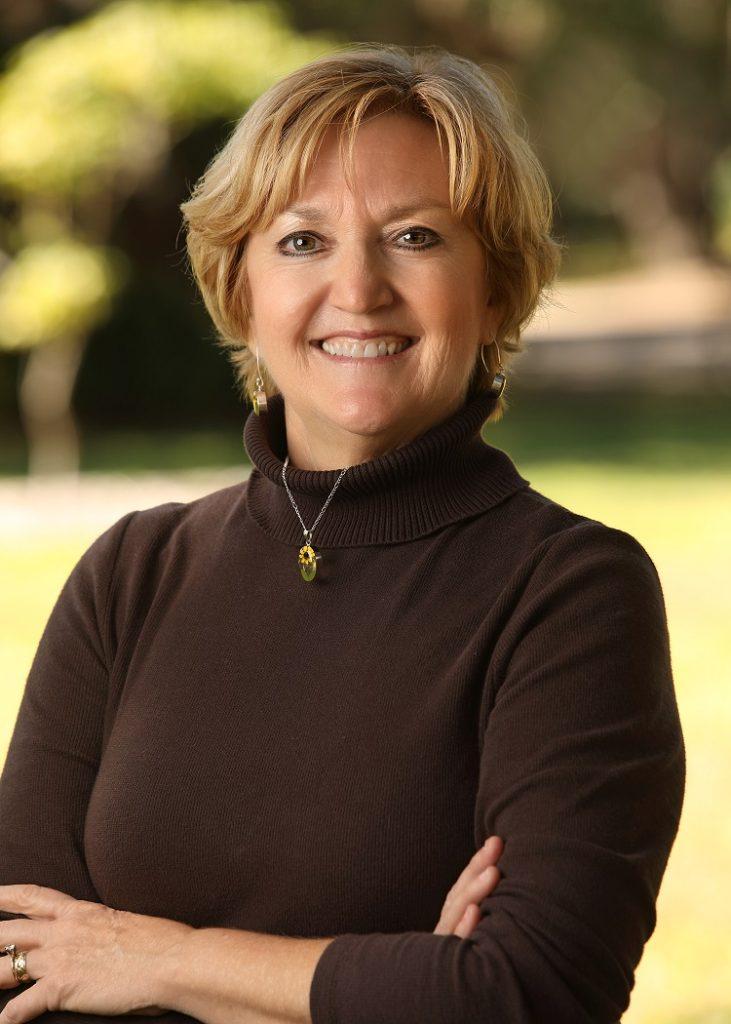
“Does he climb?” my pediatrician asked as my two-year-old son scaled the treatment table in the evaluation room.
I bit my tongue to stop the first words that came to mind.
Instead, I replied, “Yes! Yes, he does. He climbs the walls.”
The question was part of the doctor’s well-check, and, as a pediatric physical therapist, I knew that. However, knowing climbing was an important milestone for my baby to achieve and living with a climber were two different things.
His climbing was driving me crazy!
Why couldn’t he sit quietly and stop getting on top of the kitchen table or pushing chairs to the door so he could reach the latch and get out?
Like any mom, I wanted my baby to walk and be independent in the environment. We all instinctually recognize the importance movement has on life. But when our toddler starts climbing the furniture, jumping off the couch, and running away, we want something else.
We want them to be still, be quiet, and follow directions!
I’m overprotective by nature. My youngest son’s activity level and fearlessness shifted my anxiety into overdrive. He was an accident waiting to happen. And, despite my feverish attempts to keep him safe, we took many trips to the emergency room.
All I wanted was a little peace.
Maybe that’s you, too.
It has always helped me to know the “why” behind my child’s behaviors. As an expert in early intervention, I know children move to learn. Moving is essential for babies to master any developmental milestone. For example, curiosity causes babies to reach for your face, shake the rattle, and climb the couch.
Not only are they figuring out how to move, but they gain confidence and abilities to master more advanced skills.
Our babies don’t climb to drive us crazy.
They climb because they’re internally driven to move and explore. Sitting still is not the natural disposition of children.
Movement is.
Research proves that prolonged sitting is not healthy, even for adults.
Movement is how learning occurs, so a sedentary childhood spent watching shows or mesmerized by a smartphone or tablet harms your child’s development. During those early years, your child’s brain soaks up massive amounts of information through movement.
Sitting and staring at a screen robs your baby of opportunities to gain muscle and bone strength, improve body coordination and cardiovascular endurance, and confidence to explore the natural environment. Your child’s brain and body build their foundations in those early years through movement and sensory exploration of the world.
So, here’s the bad news.
You can’t stop your child’s desire to climb. And you shouldn’t try.
Instead, provide regular playtime where they can safely run, climb, and do big-body play. The best times for quiet activities like reading, coloring, or watching a show are after physically-demanding activities.
Your baby’s development proceeds through seasons, and this super-active phase will pass. For example, my son no longer scales the walls or hangs upside down while watching television. Yet, he remains active in sports and is physically coordinated.
That is how he has always been wired.
During his super-active phase of childhood, understanding why he climbed and why it was important to his development helped me. It may help you, as well. Yes, you must teach them what is safe and appropriate to climb on and what isn’t. But realizing they need to climb helps you understand why it’s important to offer appropriate climbing opportunities each day.
Finally, do what I did. Take control of your daily routines and schedule big-body play every day, preferably outside. Morning and afternoon are ideal. And take heart; this too shall pass.
When children are young, lots of big-body movement is part of healthy development. Exploring the world is vital.
Yes, screens are fun, but nothing learned there is as essential as movement, including climbing.
Do you have a climber?
Guest Contributor: Ginny Cruz
 Ginny Cruz, MPA, PT is a pediatric physical therapist and early intervention specialist with four decades of experience. She has a BS degree in physical therapy from the University of Florida and an MPA degree from the University of West Florida. She currently provides evaluation and consultation services to the Early Steps program in Pensacola, FL. An award-winning author, Ginny writes to guide the hands that hold the babies. She is the mother of two grown sons, married to her college sweetheart, and enjoys hiking, camping, and reading.
Ginny Cruz, MPA, PT is a pediatric physical therapist and early intervention specialist with four decades of experience. She has a BS degree in physical therapy from the University of Florida and an MPA degree from the University of West Florida. She currently provides evaluation and consultation services to the Early Steps program in Pensacola, FL. An award-winning author, Ginny writes to guide the hands that hold the babies. She is the mother of two grown sons, married to her college sweetheart, and enjoys hiking, camping, and reading.














